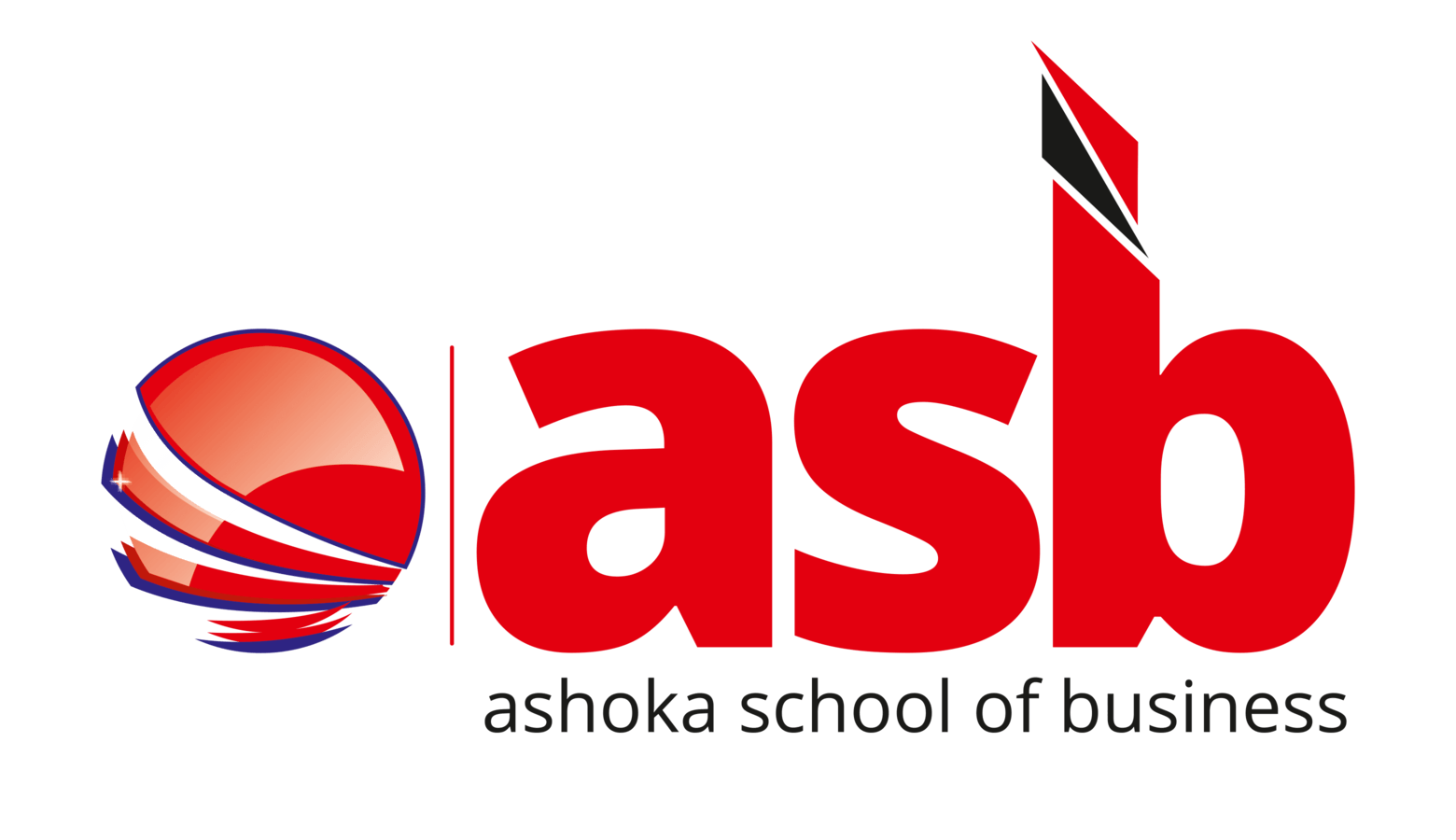Introduction
Artificial Intelligence (AI) is reshaping industries worldwide, altering traditional workflows and creating new ways of conducting business. MBA graduates are not exempt from this transformation—many conventional roles are evolving, while entirely new career opportunities are emerging. Understanding AI’s influence on management careers is now essential for anyone considering advanced business studies in this era of technological change. Many reputed institutions, including Hyderabad MBA colleges, are already integrating AI-focused subjects into their business programs to meet this growing demand.
AI’s Impact on the MBA Job Market
Traditionally, MBA graduates have enjoyed broad employment prospects across fields like finance, marketing, operations, consulting, and human resources. Their training in strategic thinking, leadership, and problem-solving has made them highly sought-after. However, AI has begun to penetrate these sectors, automating routine tasks and providing advanced analytical insights, making it crucial for MBAs to gain familiarity with AI and related technologies. This shift has encouraged many MBA finance colleges in Hyderabad to emphasize data analytics and machine learning concepts within their finance programs.
Changes to Traditional MBA Roles
AI is increasingly integrated into every MBA specialization, transforming how professionals approach decision-making and productivity:
Finance: Algorithms and AI-driven tools now handle tasks like risk evaluation, predictive financial modeling, and investment strategy formulation, which previously required intensive human analysis.
Marketing: AI enables more precise customer targeting, personalized campaigns, and automated engagement processes. Marketing MBAs need to understand these technologies to remain effective.
Operations: Intelligent supply chains, predictive maintenance, and process automation are some of the operational improvements driven by AI.
Consulting: AI enhances data interpretation and insight generation, enabling consultants to provide more accurate recommendations and strategies.
Human Resources: Recruitment, talent development, and performance evaluation processes are being optimized through AI, requiring HR professionals to adapt and integrate these tools effectively.
As a result, top PGDM marketing colleges in Hyderabad are now incorporating AI and data-driven marketing strategies into their curriculum to help students stay ahead in this dynamic field.
Data-Driven Decision Making in Business
Modern businesses are increasingly relying on data rather than intuition. AI-powered systems analyze enormous datasets, prioritize relevant information, and provide actionable insights for decision-making. MBAs today must understand how to leverage these systems to guide strategic business decisions and maintain competitiveness.
Emerging Careers in an AI-Driven Economy
AI is not just changing traditional positions—it is also creating new roles that combine business acumen with AI expertise:
- AI Strategy Consultants: Advise organizations on integrating AI into business processes and aligning it with company goals.
- Data Strategy Specialists: Analyze data to provide actionable insights that create competitive advantages.
- Digital Transformation Managers: Lead initiatives that incorporate AI across business units, promoting innovation and operational efficiency.
These roles highlight the need for MBA graduates to blend managerial knowledge with technical literacy in AI systems.
Essential Skills for MBA Graduates in an AI Era
Technical Competencies
- AI Fundamentals: Understanding core principles of AI and its applications in business.
- Data Analysis: Ability to interpret and utilize data effectively for decision-making.
- Machine Learning Awareness: Knowledge of ML concepts for roles involving predictive analytics and automation.
Soft Skills
- Analytical Thinking: Use AI insights to solve complex organizational problems.
- Adaptability: Embrace continuous learning to keep pace with rapid technological advancements.
- Communication: Translate technical AI concepts into actionable strategies for teams and stakeholders.
- Leadership: Guide AI-driven projects by merging business strategy with technological execution.
Continuous Learning and Practical Application
AI technologies evolve rapidly, making ongoing education critical. MBA graduates must stay current with emerging tools, analytics platforms, and AI applications. Real-world case studies demonstrate the importance of integrating AI into business operations, emphasizing practical skills alongside theoretical knowledge.
Implications for MBA Programs
MBA programs are adapting to include AI, machine learning, and data analytics within their curricula. Courses are increasingly designed to prepare students for digital transformation roles, equipping them with the skills to harness AI for strategic advantage in any industry.
Preparing for the Future
The rise of AI is transforming both the nature of traditional MBA roles and the creation of new opportunities. Graduates who develop the necessary technical expertise and managerial skills will thrive in this evolving landscape. Continuous learning, adaptability, and proficiency in AI applications are now essential for career success.
Conclusion
Artificial Intelligence is no longer a distant concept—it is reshaping business practices and the roles of MBA professionals across sectors. For those pursuing an MBA, acquiring knowledge of AI and its applications is critical to staying competitive. By embracing continuous education and mastering both analytical and leadership skills, MBA graduates can secure meaningful careers in an AI-dominated business environment.


